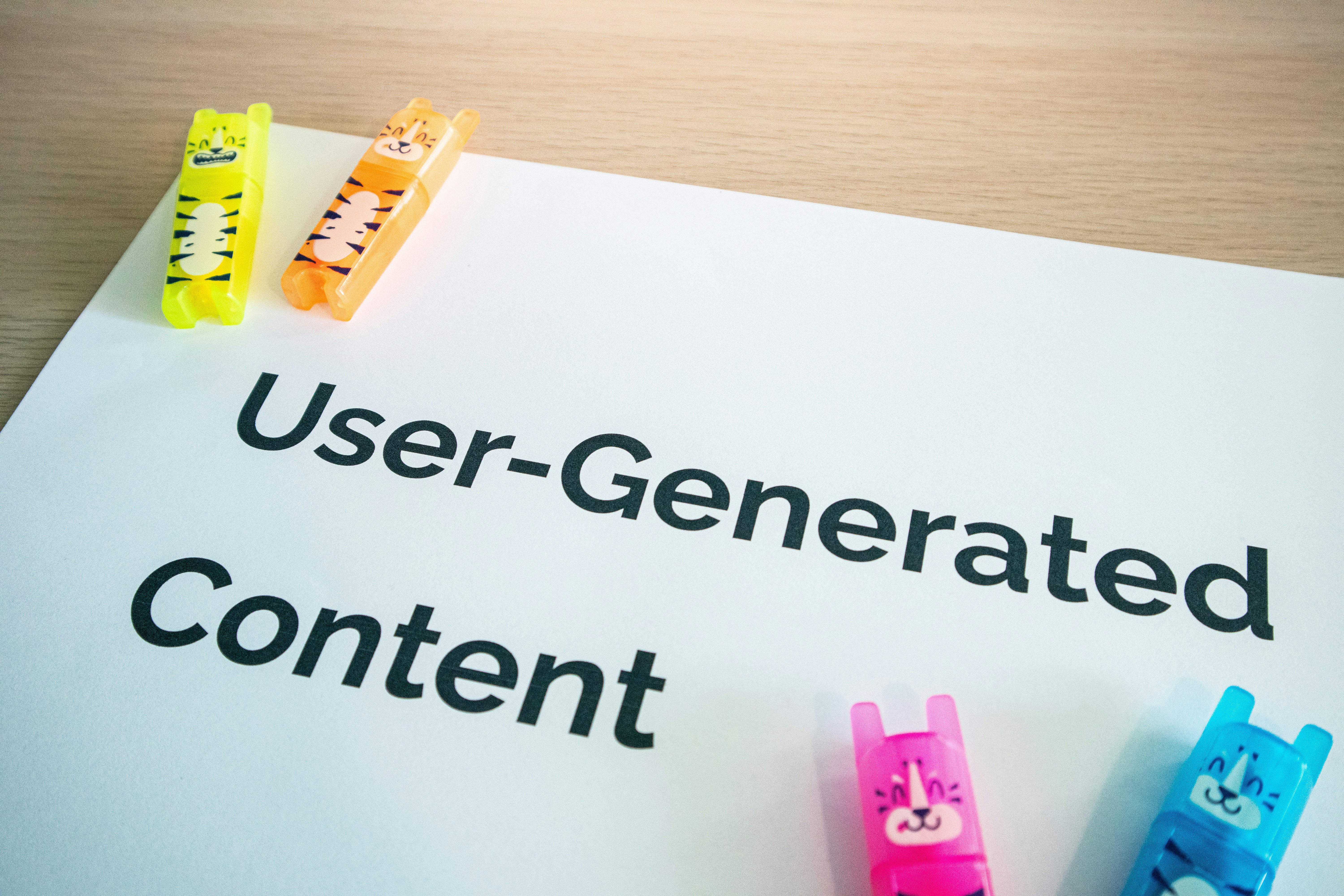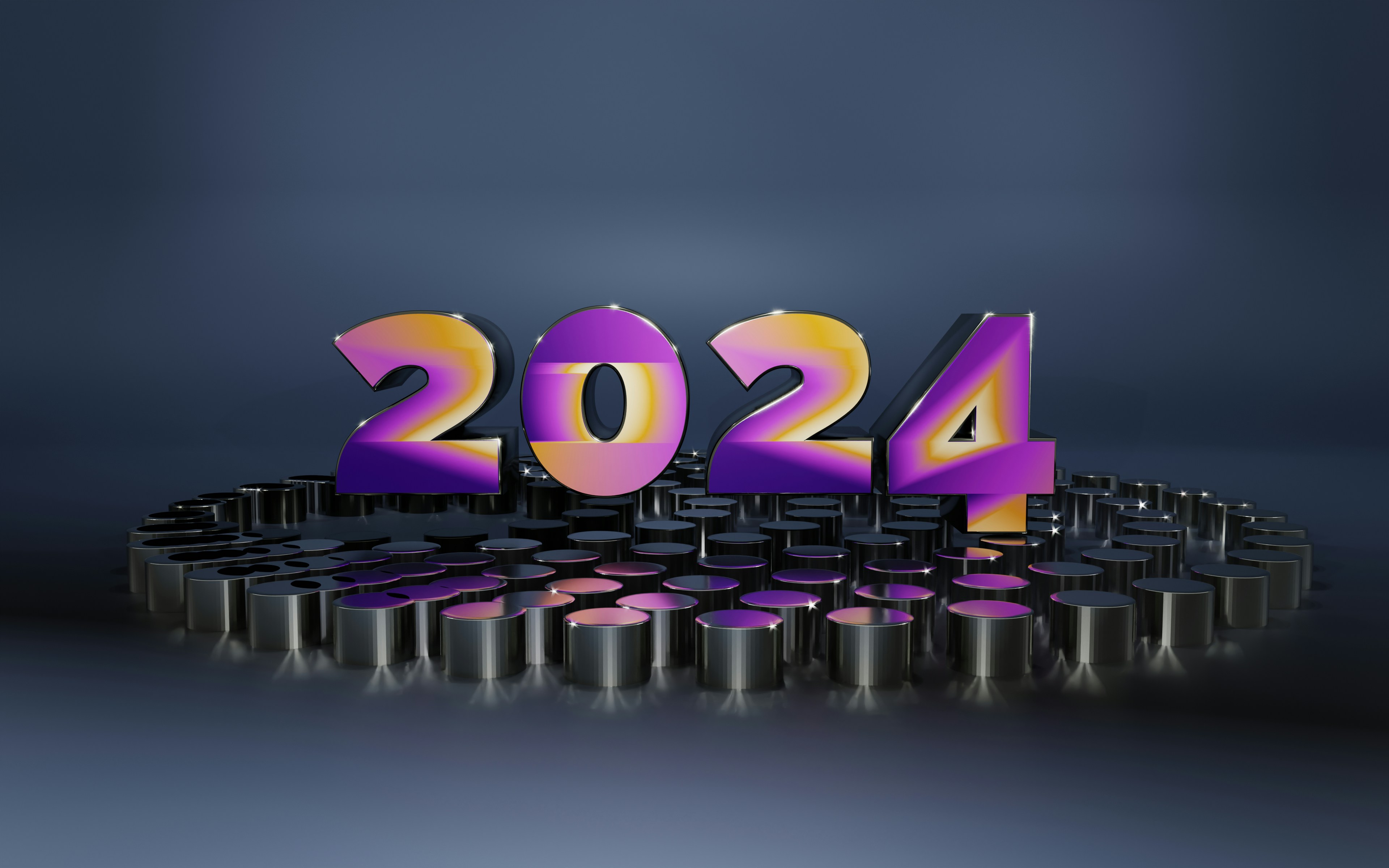Unlock AI Content Creation: Transforming SEO and Engagement in 2025
Advancements in technology are driving a seismic shift in how businesses approach digital marketing, especially in the realms of SEO and SEM. Synthetic media, propelled by artificial intelligence, is reshaping content creation, enhancing audience engagement, and delivering targeted information at lightning speed. This article delves into how AI-generated content is revolutionizing SEO, offering novel insights, practical strategies, and a roadmap to harnessing this innovative technology.
Understanding Synthetic Media and Its Impact on Content Creation
To comprehend the vast potential of AI-generated content, it is essential to clarify what synthetic media entails. Synthetic media includes any content created or altered through artificial intelligence, from text to audio, images, and video. A significant boon of this technology is its ability to churn out a plethora of variations, catering specifically to different audience segments and preferences without sacrificing quality.
Moreover, AI-powered tools like GPT-4 have advanced to a point where they produce text that mimics human writing styles. They learn from vast datasets to generate content that is not only grammatically correct but also contextually relevant. This capability allows marketers to rapidly create high-quality, engaging posts that rank well on search engines.
E-E-A-T: The Cornerstone of Quality Content
Google's guidelines emphasize the importance of E-E-A-T—Experience, Expertise, Authoritativeness, and Trustworthiness—in creating online content. As marketers delve into AI-generated solutions, aligning these with the E-E-A-T principles has never been more vital. Here’s how you can integrate these concepts when implementing AI for your SEO strategies:
-
Experience: Have your content reflect genuine user experiences. By using AI analytics tools, you can aggregate data from user interactions, allowing you to outline common pain points or preferences and craft narratives that resonate with your audience.
-
Expertise: Ensure your content is rich in value. You may consider integrating insights from industry experts or quoting trusted sources. For example, data from Moz can substantiate your claims about SEO trends, further establishing credibility.
-
Authoritativeness: Position yourself as a thought leader by sharing unique insights that others may overlook. Demonstrating a deep understanding of the AI landscape in digital marketing can distinguish your brand from competitors.
-
Trustworthiness: Leverage user testimonials, case studies, and transparent information regarding AI usage. These practices foster trust and can significantly enhance your brand’s authority.
The Advantages of AI-Generated Content in SEO
1. Scalability and Efficiency
With traditional content creation processes being time-consuming and labor-intensive, AI-generated content can significantly expedite production rates. Businesses can produce vast quantities of SEO-optimized articles, blog posts, and social media updates tailored to their specific audiences and interests.
For instance, you might create multiple variations of an article to appeal to diverse demographic groups, enhancing engagement levels. Imagine producing hundreds of variant blog posts on "Online Marketing Trends for 2025" that target various niches. This is made feasible by integrating AI into your processes.
2. Optimized for Performance
AI understands search engine algorithms better than any human, offering insights into trending keywords and user intents. You can utilize platforms that analyze keyword performance and suggest alternatives, helping you maximize visibility and rank higher in search results.
Consider exploring access to tools that leverage predictive analytics, affording you the opportunity to fine-tune content targeting effectively. For a deeper dive into optimizing your SEO with predictive indicators, take a look at this resource.
Content Personalization at Scale
The uphill climb for marketers has long been content personalization. AI allows for the creation of tailored content based on user behavior driven insights, preferences, and demographics.
Imagine an AI system that dynamically adjusts the landing page based on real-time analytics and user interactions. Not only does this retain user interest, but it also enhances the chances of conversion significantly.
By embedding AI systems within your marketing strategies, you can create a more profound user experience. This aligns seamlessly with our societal shifts towards personalization, tapping into the burgeoning interest in authentic connections.
The Ethical Implications of AI in Digital Marketing
As with any technological advancement, the use of AI-generated content raises ethical questions that marketers must consider. Issues like plagiarism, authenticity, and misinformation are critical. There is a need to balance speed and quality while ensuring that the content remains honest and transparent.
Moreover, while generative AI can present synthesized facts, it must be enriched with genuine research and citations. Effective content creation, therefore, becomes a blend of human creativity and AI efficiency, ensuring that you maintain the trust with your audience.
Keeping User Engagement at the Core
A significant advantage of leveraging AI-generated media is its ability to keep user engagement at the forefront. For example, user interaction rates with personalized content can vastly outperform generic articles.
By integrating an AI chatbot on your website, you can actively solicit feedback, adjust content in real-time, and analyze engagement levels to refine future outputs. Additionally, gamifying interactions through AI can stimulate user involvement and interest—turning everyday readers into active participants.
Adopting AI Responsibly in SEO and Digital Marketing
To responsibly harness the potential of AI in SEO and digital marketing, brands must adopt a thoughtful approach. This involves evaluating which aspects of the marketing process can benefit the most from AI integration while retaining genuine human oversight.
A solid starting point would be identifying areas where automation could save resources—like automating content publication schedules or utilizing AI-driven analytics tools for tracking performance—to allow marketing teams to focus on strategy and creativity.
The Future of SEO with AI: Predictions for 2025
As we look towards the future of SEO in 2025, several predictions seem inevitable:
-
Greater Emphasis on Voice Search: AI technology will significantly enhance voice search capabilities, affecting keyword strategies and content creation profoundly. For insights into how to optimize for voice search, explore this article.
-
Continued Rise of User-Generated Content: AI will facilitate the curation of user-generated content, which will become increasingly critical for building community and improving SEO rankings.
-
Hyper-Personalized Experiences: Brands that utilize AI to create even more granular user profiles and deliver hyper-personalized experiences will see greater engagement and retention rates.
-
Further Integration of Mixed Media: Content will not just be text-based but will seamlessly integrate audio, video, and interactive elements, promoting diverse forms of engagement.
Next Steps: Embrace the AI Advantage
As the digital landscape continues to evolve, marketers must be agile enough to adopt innovative tools and practices. Embracing AI-driven content creation stands as a pivotal opportunity for businesses seeking to stay ahead in the SEO race. This journey requires a balance between machine efficiency and human emotional intelligence.
Begin by experimenting with an AI content generator, integrating user-data insights for tailored content, and cultivating an approach that keeps ethical considerations front and center. Remember, when navigating the intersection of AI and marketing—genuine connection will always reign supreme.
The integration of synthetic media and AI-generated content is no longer a question of 'when' but 'how.' By collaborating with the technology available to us and training ourselves to remain adaptable and ethical in our approaches, we can truly reshape the future of SEO and digital marketing.












